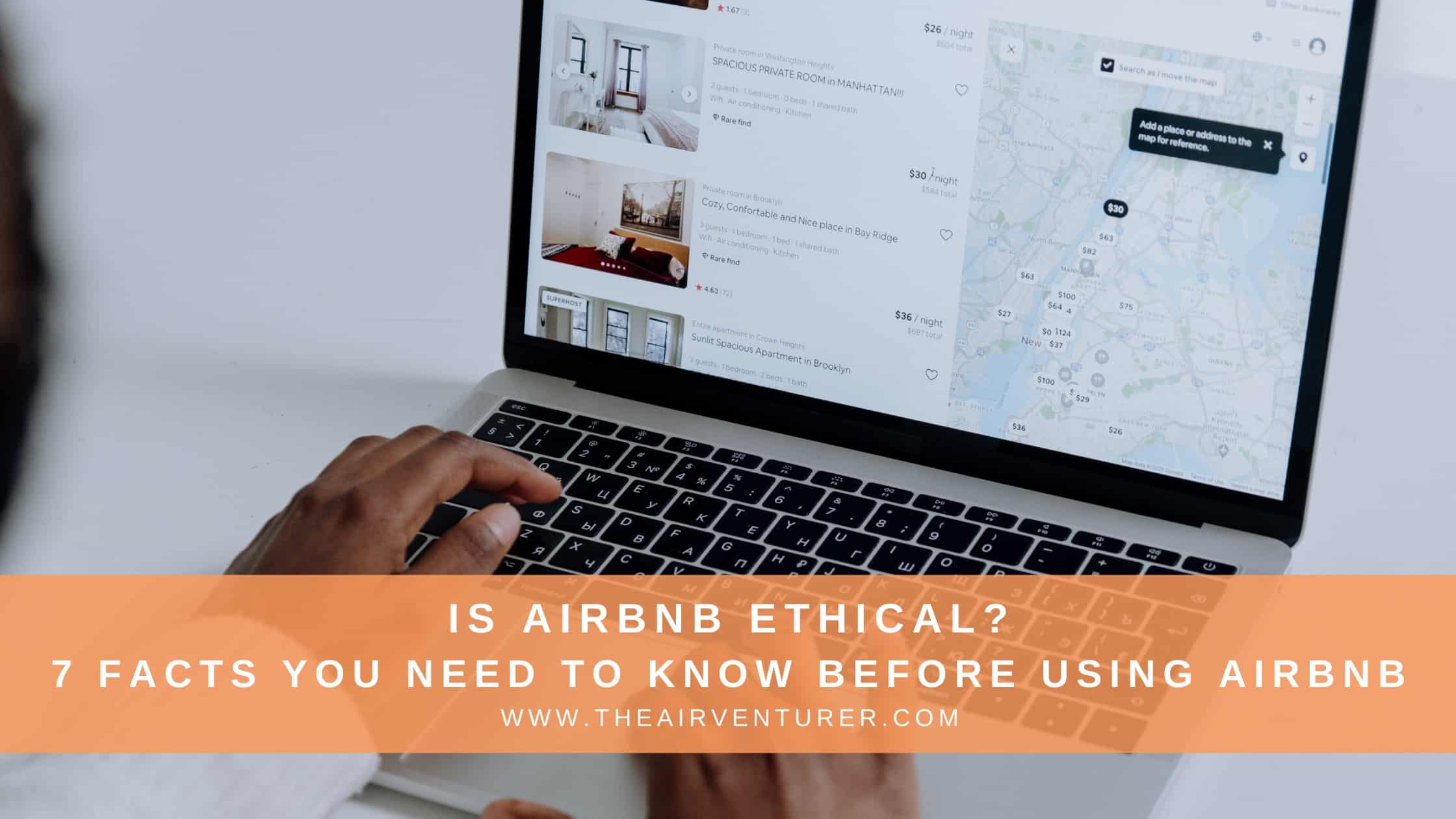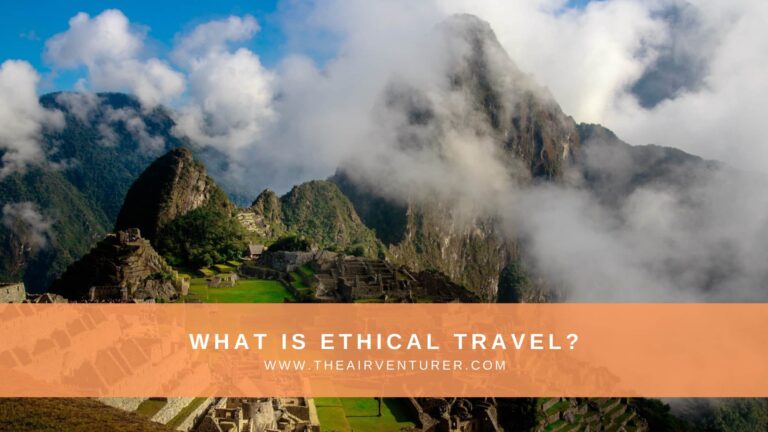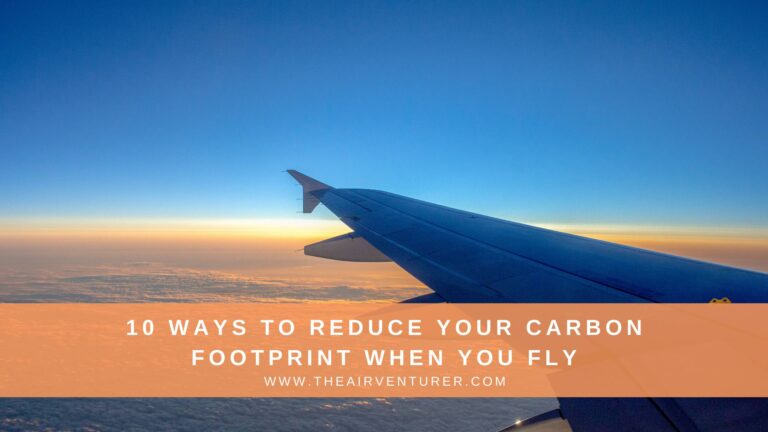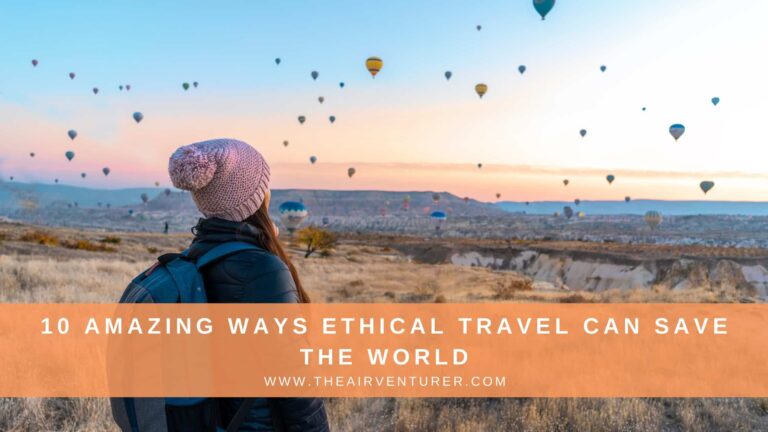7 Facts You Need To Know Before Using Airbnb
The origins of Airbnb
Airbnb launched in San Francisco in 2008 when its creators had a great idea: build a website that would allow travelers to rent out a spare room when all the hotels in the city were booked. It was a revolutionary idea but is Airbnb ethical now?
This would enable the benefits of tourism to reach more areas of the city and give travelers the chance to blend in supporting the people and the local economy.
It was indeed an incredible opportunity to discover the World like never before.
Airbnb was part of a new attitude and a cultural movement enabled by technology.
I was very excited to be part of it.
Over the last ten years I have used Airbnb many times both alone on business trips and on holidays with my wife and friends.
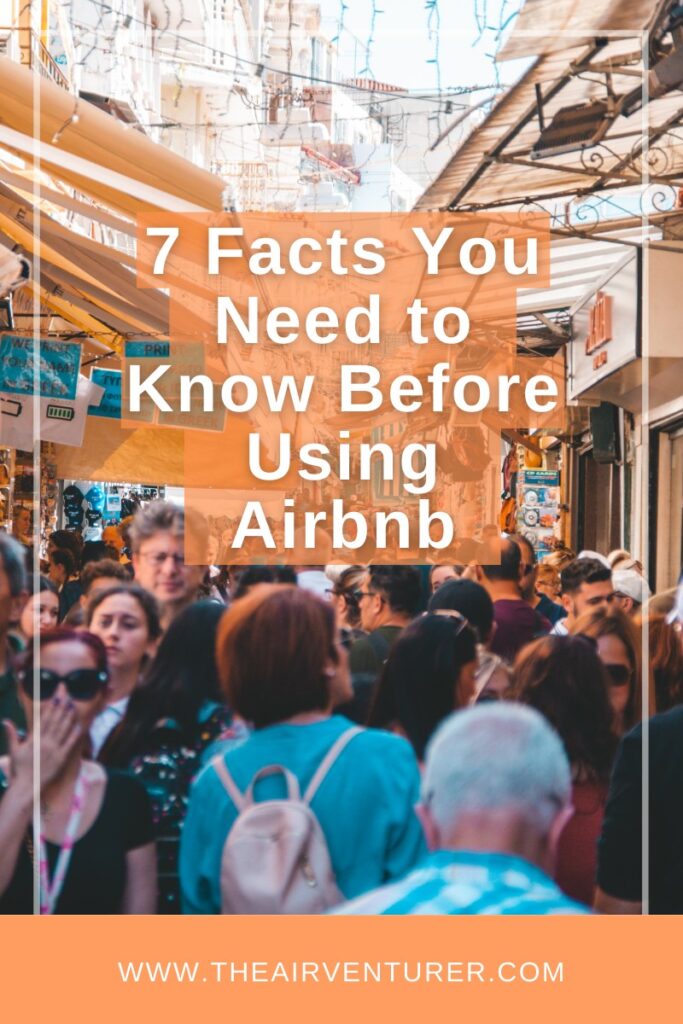
We’ve had some pretty amazing experiences such as spending a week in a fascinating Latin American community in Chicago or learning from the locals how to park a car in San Francisco, staying in the cozy back room of a family in Page, Arizona or in what used to be a horse farm in Wales.
The truth is Airbnb made it possible for me to create some wonderful memories.
However, in recent years this attitude has shifted completely. I struggle to recognize any parts of what made me feel pride as an early user.
If learning more about ethical travel is important for you, then you need to understand the impact of deciding where you stay.
Today it’s easy to see that Airbnb is a corporate giant, centered around shareholders and their benefits.
Both in structure and size, Airbnb is not different from most hotel chains out there. Except they are still promoting messages such as “belong anywhere” or “travel like a human”.
Is that still the case though? Let’s unpack the major shifts this platform has seen in recent years.
Why is this important
In 2019, in the first quarter alone Airbnb booked 91 million room nights, surpassing Expedia who had 80.8 million room nights.
This makes Airbnb one of the biggest and most powerful platforms in the travel industry. And with great power comes great responsibility.
The problem is, they seem to be keeping the power part and passing on the responsibility.
For those of you who have used the platform from the beginning, it’s very easy to see and feel Airbnb’s completely different attitude.
Nowadays when you arrive at most places you find a key box, a padlock or even a remotely controlled door lock.
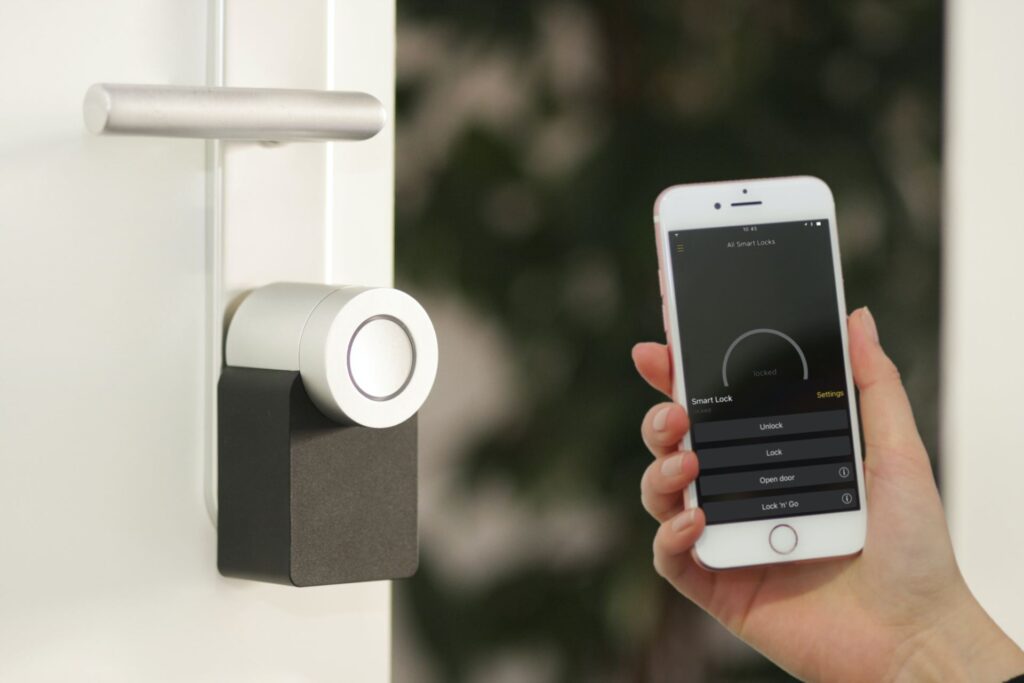
Inside the property you see signs that the place is a business. such as laminated instructions placed everywhere, no smoking signs, the details of the contact person in the property are different from the description on Airbnb.
During one of my last stays after the first 5 nights out of 10, the owner informed me a cleaning company will be visiting for a mandatory $50 fee.
That’s on top of the cleaning fees I paid when I made the booking.
Often these places belong to groups of investors who outsource the management. In some cases those who benefit from these properties are not even in the same country.
Although by now it might seem that I’m about to tell you I’m completely parting ways with Airbnb, the decision is not that straightforward. We had some pretty good memories together.
I’ve made my decision now but before we get to that, here’s a list of topics I encourage you to go through before booking your next Airbnb place.
The 7 facts you need to consider before using Airbnb:
- Are you actually staying with a local in an ethical Airbnb?
In recent years the short-term rental model developed by Airbnb has become a real goldrush, especially in popular destinations.
There are two schemes that really stand out in all this madness:
- property management companies buying entire blocks of flats and turning them into Airbnb machines
- Groups of investors or companies buying multiple properties of various shapes and sizes and listing them on Airbnb
If you’re unlucky to ever find yourself in one of these places, you’ll never even interact with the “owner”.
There are entire call centers now in the Philippines acting as Airbnb hosts or part of “the team”.
On a recent trip to Europe I stumbled upon another model where the owner of the apartment handed over management of the listing to a company.
I contacted the owner about an issue in the flat and only then I noticed that my host had more than 10 listings on Airbnb, all in the city center.
After exchanging multiple messages she explained that she only takes the messages from tourists and if she can’t find an answer in the “standard operating procedures” she will pass it to her manager who might speak with the owner.
This is far from the “travel like a local” idea and it is very disruptive to locals and the economy.
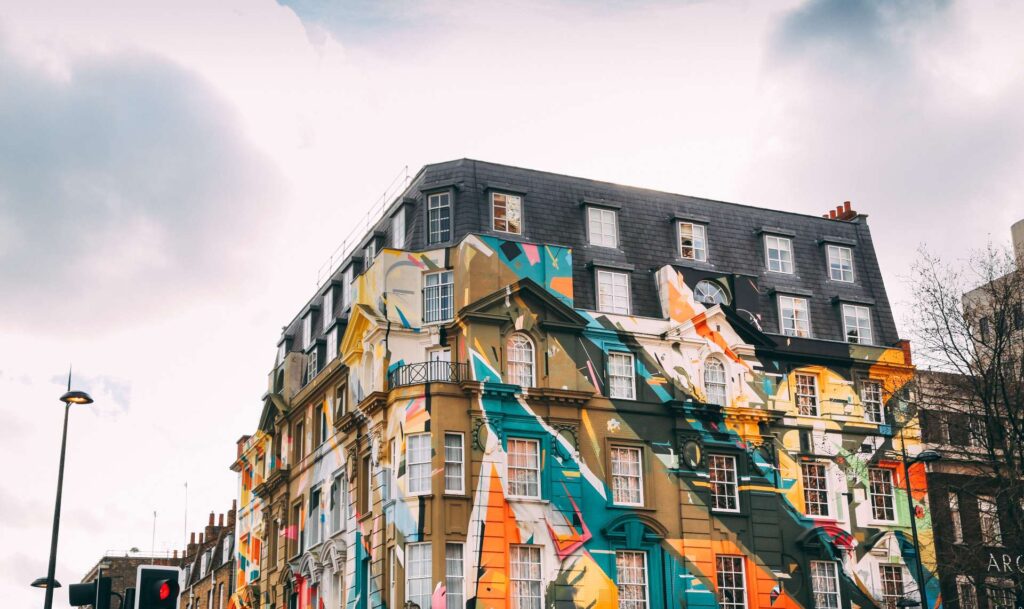
If you see the same person as a host for many properties, or property companies managing the listings then stay away.
It surely means that place is a business far from the original idea of Airbnb.
In Barcelona at one point a single “host” was managing 204 apartments. If you search on Inside Airbnb 65.3% of the hosts in Barcelona have multiple listings.
I ran the same search for other cities as well and found that 68.6% of the hosts in Venice have multiple properties listed on Airbnb.
The problem is that it’s not as easy to spot these things anymore.
The scammers are becoming more aggressive and inventive, they are creating fake accounts, using fake reviews, bait and switch and in some extreme cases some listings even featured fake views.
A friend of mine booked a room in central London last year through Airbnb. The listing seemed just what he needed, a spare room in someone’s house.
Only when he arrived he realized it was indeed a room but in a house that the landlord had turned into an Airbnb machine. Seven small flats, with tiny kitchenettes and walk-in showers above the toilet seat.
It’s getting very difficult to do the right thing on this platform.
- You could be staying in an illegal Airbnb
Let me be clear, the use of the Airbnb app is not illegal.
However, many cities around the world are imposing restrictions on the amount of time a property can be listed for short-term rental.
The people of Amsterdam have had their fair share of duels with the company and starting with July 1st 2020 the council banned Airbnb in the old center and is requiring special permits for the rest of the city.
Another location where Airbnb saw a major clash with locals and authorities is Barcelona. The city is now considering some of the toughest restrictions on short-term let in the World.
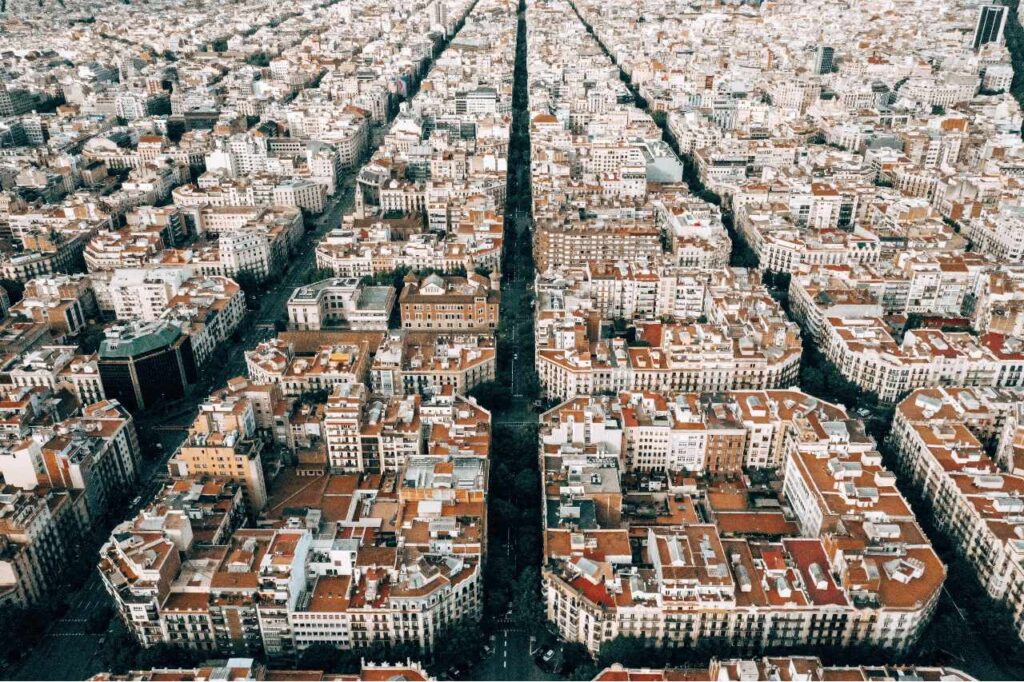
The mayor is proposing to adopt a rule where locals would be allowed to rent only spare rooms in their own home and for stays of 30 days or more.
There are many cities with similar rules everywhere.
Airbnb simply passes the responsibility to the host to respect all the local laws and regulations.
If you do decide to stay in an Airbnb it is unlikely you could be directly breaking the law, as they are targeting the owners. However, that is not something you want to be dealing with during your vacation.
The biggest problem with this point is the lack of transparency for the users. This makes it impossible for us to understand the real impact our journeys have.
There is no way for us to know before booking (or thereafter) if the owner is compliant with:
- Fire and environmental safety regulations;
- Local property use regulations;
- Specific regulations for short-term lets;
- Tax regulations.
- Consider the impact on residents
What started as an idea to help locals share stories from their neighbourhood and make some extra money, is now threatening the identity of these places.
For those who live in popular locations in big cities Airbnb has been anything but a blessing.
Visitors constantly coming and going, carrying baggage and getting in the way of people who are going about their life in a place that was not designed for tourist accommodation.
A new wave of investors buying property to then list it on Airbnb causes rises in rent. This means locals can’t afford to live in their neighborhoods anymore.
This study shows that with a full time Airbnb listing owners can earn three times more than the median long term rent.
The model benefits very few and negatively impacts the lives of all the locals.
In Iceland, a country already overwhelmed by tourism, Airbnb is having troubling impacts on many levels: for the locals, for the environment and even for the balance of the ecosystem.
The locals are being priced out of the housing market and renters are even kicked out in order to make room for more lucrative short-term lets.
According to the Central Bank of Iceland, between 2015 and 2018, the growth in Airbnb listings in the country caused 15% of the rise in real prices of residential housing.
There are clear rules in place now that limit the length of time an owner can list a place on Airbnb to 90 days before registering them as a business.
Even so 60% of the owners using them that way did not register.
- Customer service
The vast majority of my stays were uneventful and quite pleasant. However the few that didn’t go very well left me with a pretty bad taste. And judging by the stories I heard from others, I was very lucky.
My personal experience in recent years has been that basically I was a valued customer until something went wrong.
About three years ago I rented a small flat in an Airbnb in the center of an European city. The pictures were fine and the reviews were stellar.
I arrived at the property late in the evening and the place was terrible. Unbearable smell, dirty bathroom, nothing like the photos on Airbnb.
I took some pictures, grabbed my bag and booked a hotel.
The response I got from Airbnb support was that a refund is not possible and the host was still on the platform a few weeks later.
Another risk is that your host could cancel the booking anytime, even one day before arriving.
It happened to a friend of mine once. A few years ago, just after landing in a new city his host notified him that he had a much better offer so “they must surely understand“.
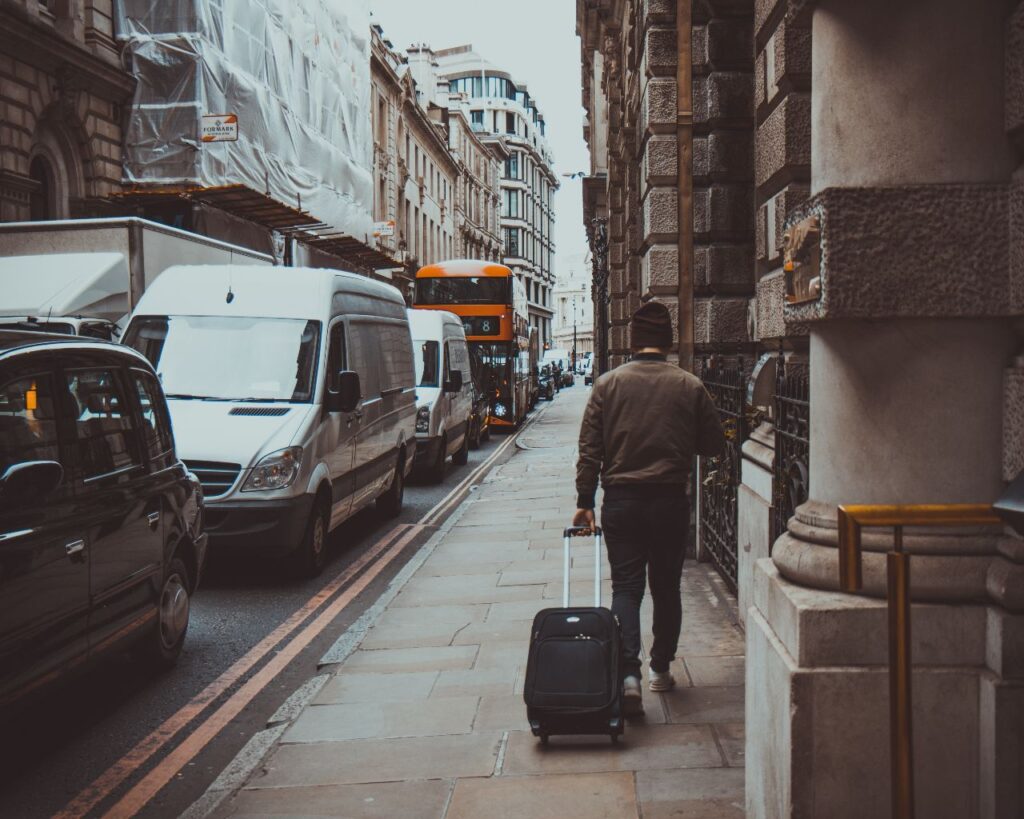
Airbnb has an automatic tool that gives you alternatives. But they may be very different from what you were expecting and far away from that area.
But that’s nothing compared to what thousands of people go through every year. And Airbnb doesn’t have a good reputation looking after these travelers.
- Jobs for the local community
Local B&Bs and hotels generate jobs for people and business opportunities for local entrepreneurs.
They hire staff for cleaning, maintenance, cooking and many other roles. They will also provide opportunities for local catering companies and all sorts of other businesses.
If there’s one thing I’m trying to pay attention to on my journey towards becoming a more ethical traveler, that’s making sure that my money sustains local jobs.
Airbnb does not provide any of that. Although in the systems described above they will have cleaning staff, most of the time one or two people will be cleaning anywhere between 10 to 15 properties and will not have any form of employment.
- Support in case of emergencies
Before you book an Airbnb it’s important to understand that you’re practically responsible for everything but protected against nothing.
If anything you own gets stolen from the property during your stay, Airbnb offers no support. If there is any kind of incident on the property that represents a safety or security hazard, Airbnb offers no support.
Should you need to cancel because the property is way worse than advertised, has bad odours, crazy neighbors or anything that is difficult to prove with pictures you’ll never get a refund.
As I mentioned before, this actually happened to me not long ago. The abysmal customer support from Airbnb shocked me.
If you find yourself like my friend on a property that is used as an “Airbnb machine” where the owner or others have parties every night, it will be nearly impossible to get a refund.
Since August 2020 Airbnb officially banned parties on their listings until further notice.
However, Airbnb properties have continued to be used for illegal parties during lockdown. This caused big problems in London where often such events ended up in violence.
In New Jersey last July the police had to break up a party at an Airbnb listing with more than 700 people attending.
Airbnb isn’t in a hurry to change things much. The less restrictions for their hosts, the more money they can make.
In fact, another very disturbing fact is that once a user has been “banned” for breach of safety regulations, they can just go ahead and create another account with a different username and even use the same photos.
- Unfair competition
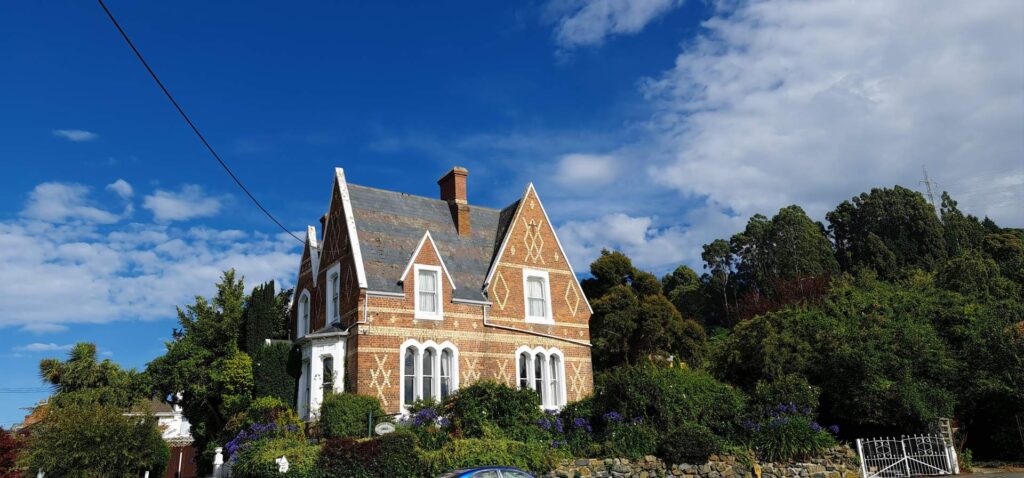
As both a business and individual traveler myself I don’t feel much sympathy for big hotel chains. They can use some competition really.
Although they complain about Airbnb’s unfair competition, they are not the ones suffering really. They always have business travel and tours.
On my business trips abroad, everytime I stayed in a large hotel chain, they were always packed.
The most impacted are the small BnBs, family hotels and other such accommodations. For these the authorities have very strict rules and regulations.
The fact that Airbnb simply flies around the same laws does create an environment of unfair competition. This jeopardizes the existence of honest local businesses.
Conclusion: Is my relationship with Airbnb over?
Airbnb helped me make some really nice memories and see some fantastic places around the World.
Clearly this business model is here to stay, its popularity constantly reaches new highs.
It’s up to each traveler to decide if Airbnb is the right option for them. Or for the places they visit.
There are still honest people on the platform in places that can really benefit from this idea. Many still host without disrupting the life of entire communities.
Finding these gems is increasingly difficult though.
I’ve grown tired of constantly fighting to keep up with the scams and black hat techniques that took over Airbnb.
As with any good idea or social movement, the greed of some people tends to wreck things for everyone else.
Just like I always encourage you, research and learn about the places you visit. This will empower you to make sure your money can have a positive impact.
It also helps you have more meaningful journeys.
I want every trip I take to have some form of positive impact in the World and within myself.
My mission is to help people understand that travel can save the World.
But that does not happen with overtourism, it does not happen with abusive landlords that kick out locals from their neighborhoods and it certainly does not happen if we give more money to companies that directly cause all of the above.
My relationship with Airbnb is indeed over. I am convinced that for me this is the best decision for the time being.
Unless something changes in their policy, I will spend my money elsewhere giving them a mission I believe in.
What to read next
- What is Ethical Travel and How To be an Ethical Tourist
- 10 Ways to Reduce Your Carbon Footprint When You Travel
- 9 Ways to Reduce Waste When You Fly
- Best Resources to Help You Prepare For Global Travel During Covid-19
Do you have any interesting experience with Airbnb? Are you a long time user and have memories of the old Airbnb? What do you think about the current state of affairs? Please comment below and let’s chat.
Do please share this post if you found it useful and remember to always seek personal growth by exploring the World responsibly.



